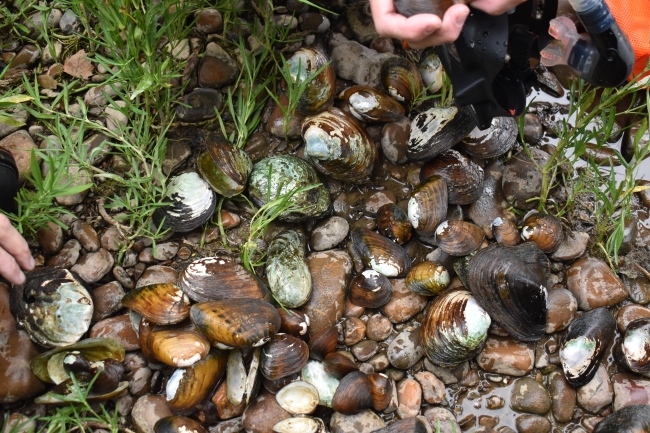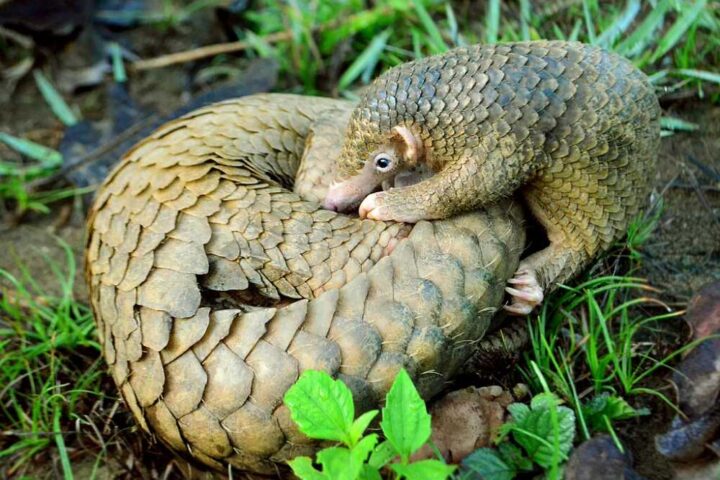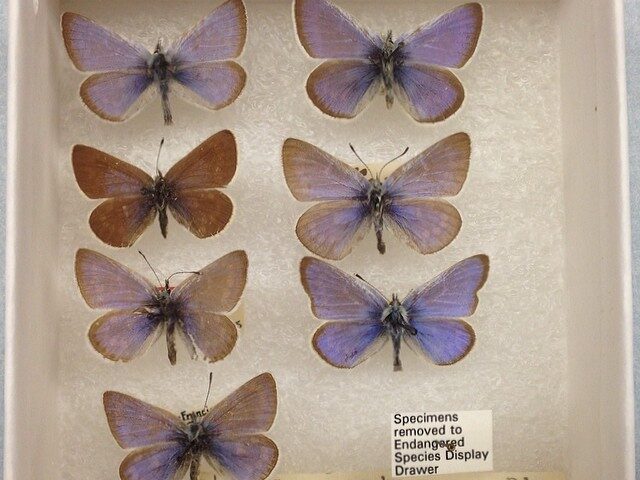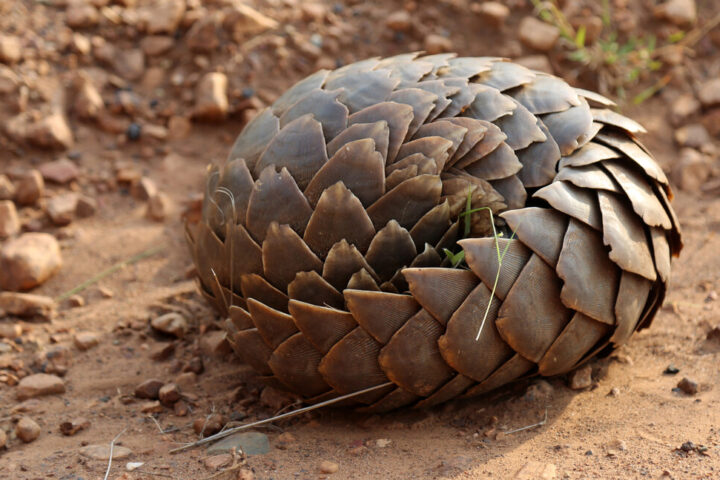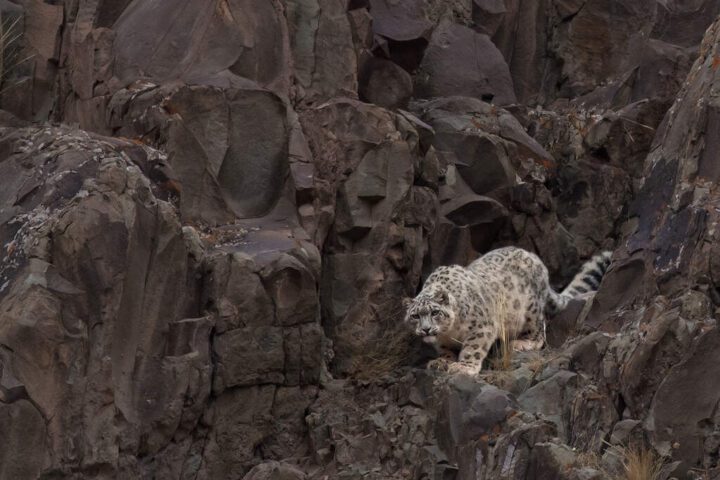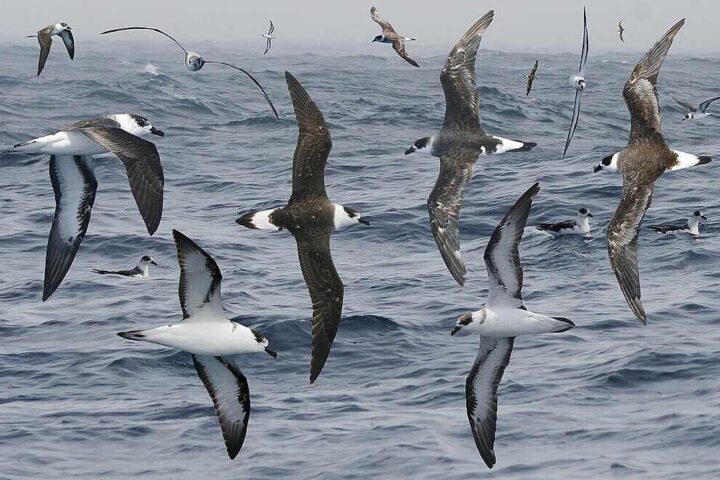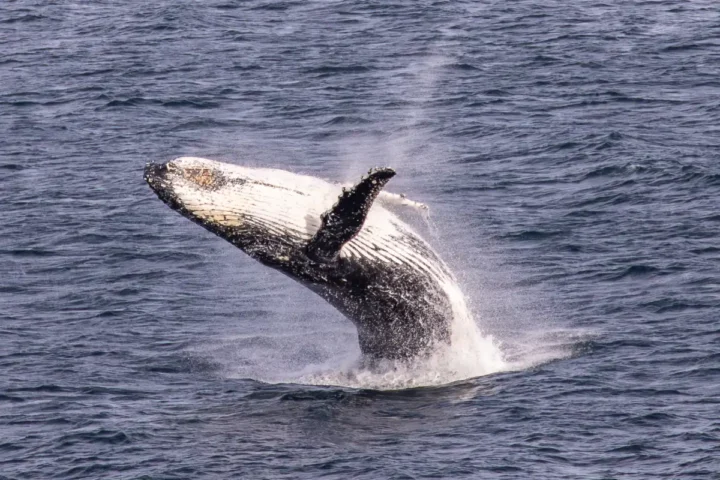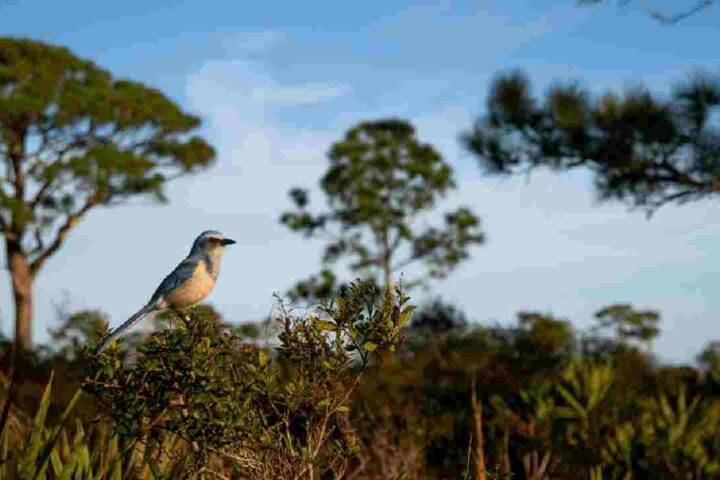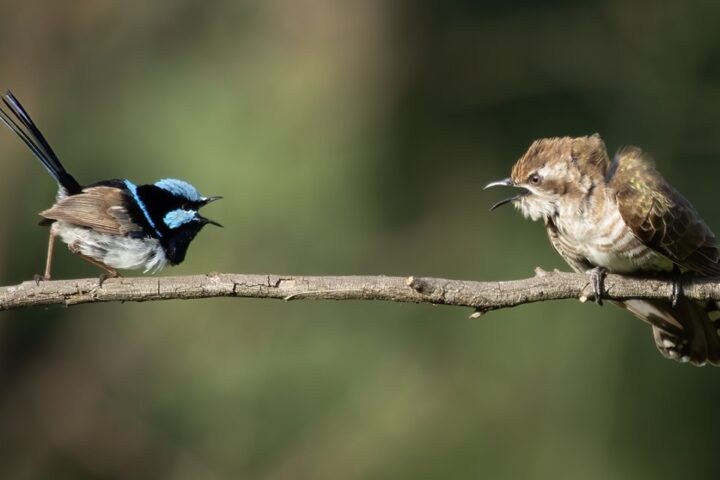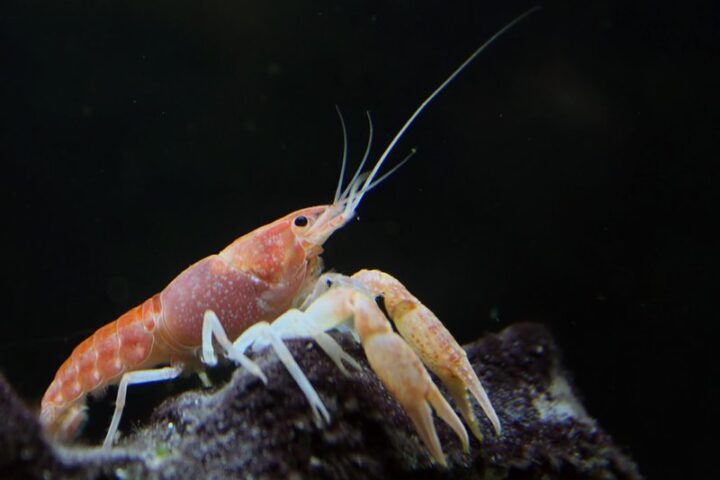A hidden crisis threatens North America’s rivers. Freshwater mussels, small creatures that clean water naturally, are dying out. Thirty-five species have already been declared extinct, and more are likely gone.
These mussels work like living water filters. Each one cleans up to 20 gallons of water every day. They remove dirt, harmful bacteria, and even metal pollution from rivers. In one part of the Mississippi River, mussels clean 14 billion gallons daily. That’s more than most water treatment plants can handle.
Pointing at the river, Rose Agbalog, a researcher at the US Fish and Wildlife Service, said, “This used to have 60,000 mussels. Now it only has 2,000 to 3,000.” during an expedition with National Geographic.
YMACC Assistant Director Chris Eads says, “They are our unique natural treasures. When people think about biological diversity, they might think about coral reefs or rainforests. Well, mussels are our coral reefs here in the Southeast.”
Mussels use clever tricks to survive. They create fake fish or insects from parts of their body to attract real fish. When fish try to eat these lures, the mussels release their babies. These baby mussels then grow by hitchhiking on fish gills. The rainbow mussel, for example, makes a fake crayfish, complete with moving legs.
Similar Posts
But these remarkable animals face serious threats. In the late 1800s, people harvested millions of mussels to make buttons. Today, dams and pollution cause even bigger problems. In Oklahoma’s Kiamichi River, 60% of mussels died over just 20 years. A dam built in 1982 made the river too warm for mussels during droughts.
Scientists are working to save these important animals. In Virginia’s Upper Clinch River, scientists released larger juvenile mussels and saw signs of natural reproduction. In Philadelphia, a new facility plans to raise 500,000 mussels yearly to clean local rivers.
Despite their importance, mussels struggle to get conservation funding. A new law called the Recovering America’s Wildlife Act could help. This bill would provide money to protect these essential water cleaners.
The loss of mussels affects everyone who depends on clean rivers, which means all of us. As these natural water filters disappear, rivers become dirtier and less healthy. Saving mussels means protecting our water for the future.
